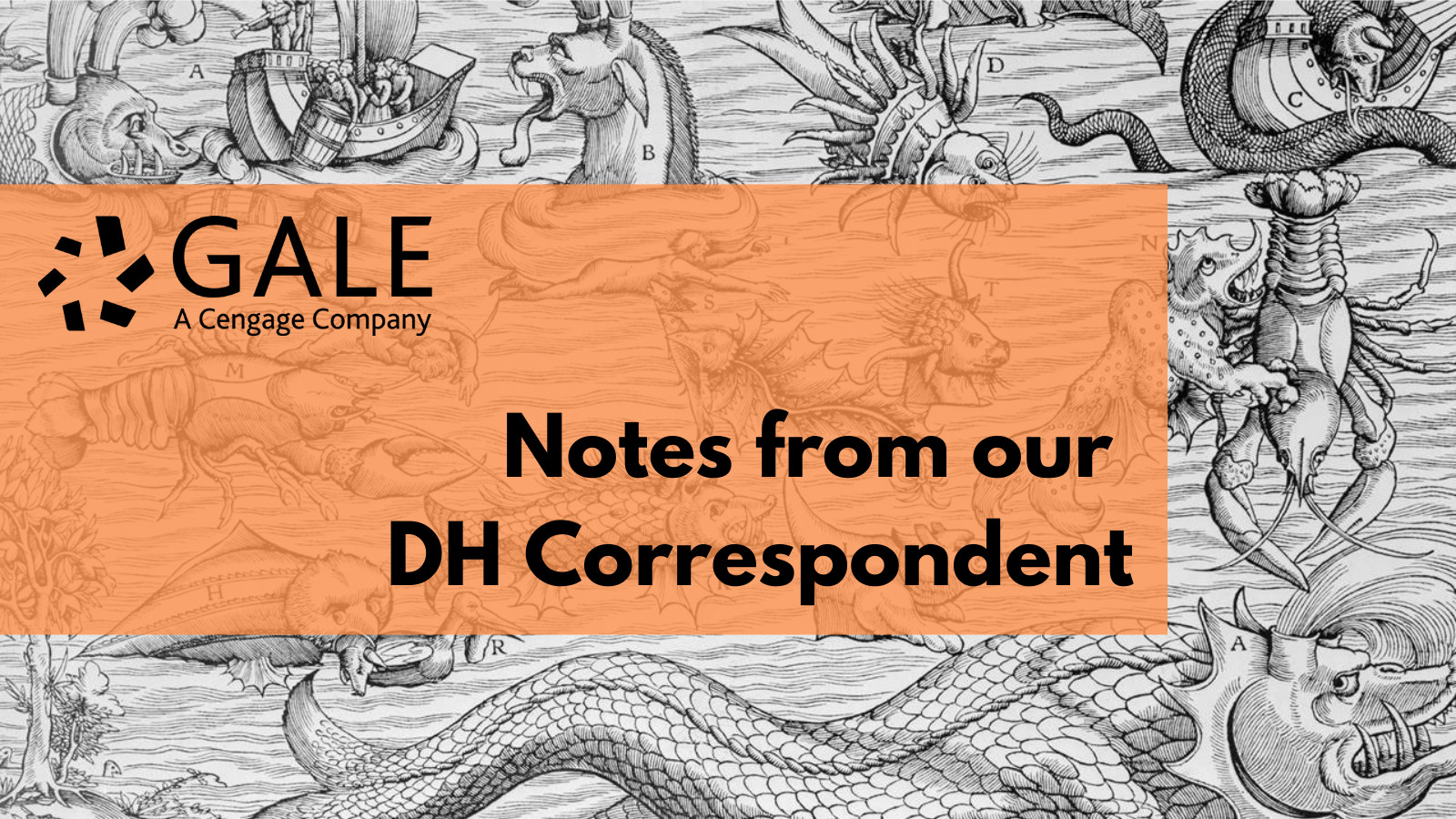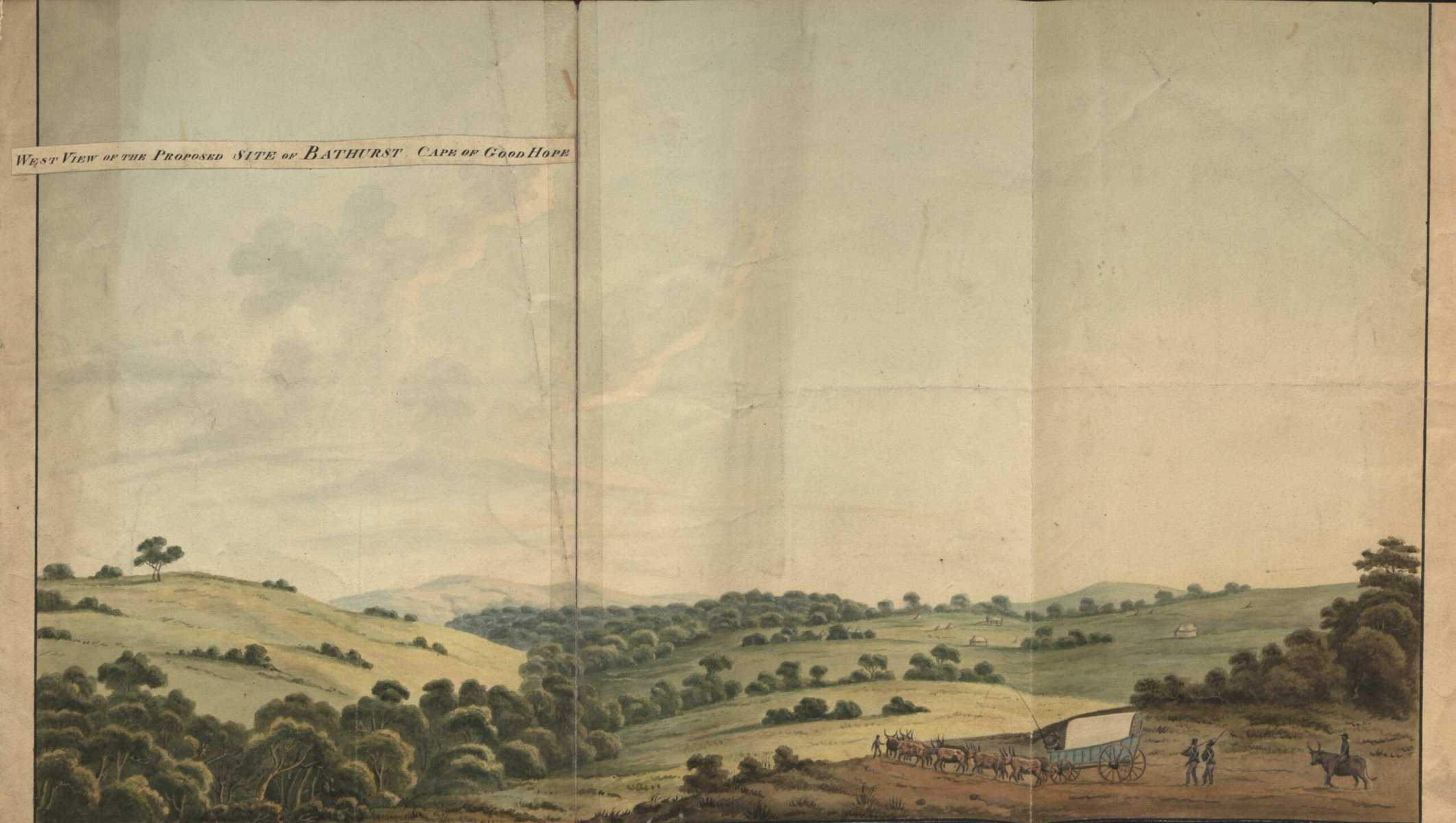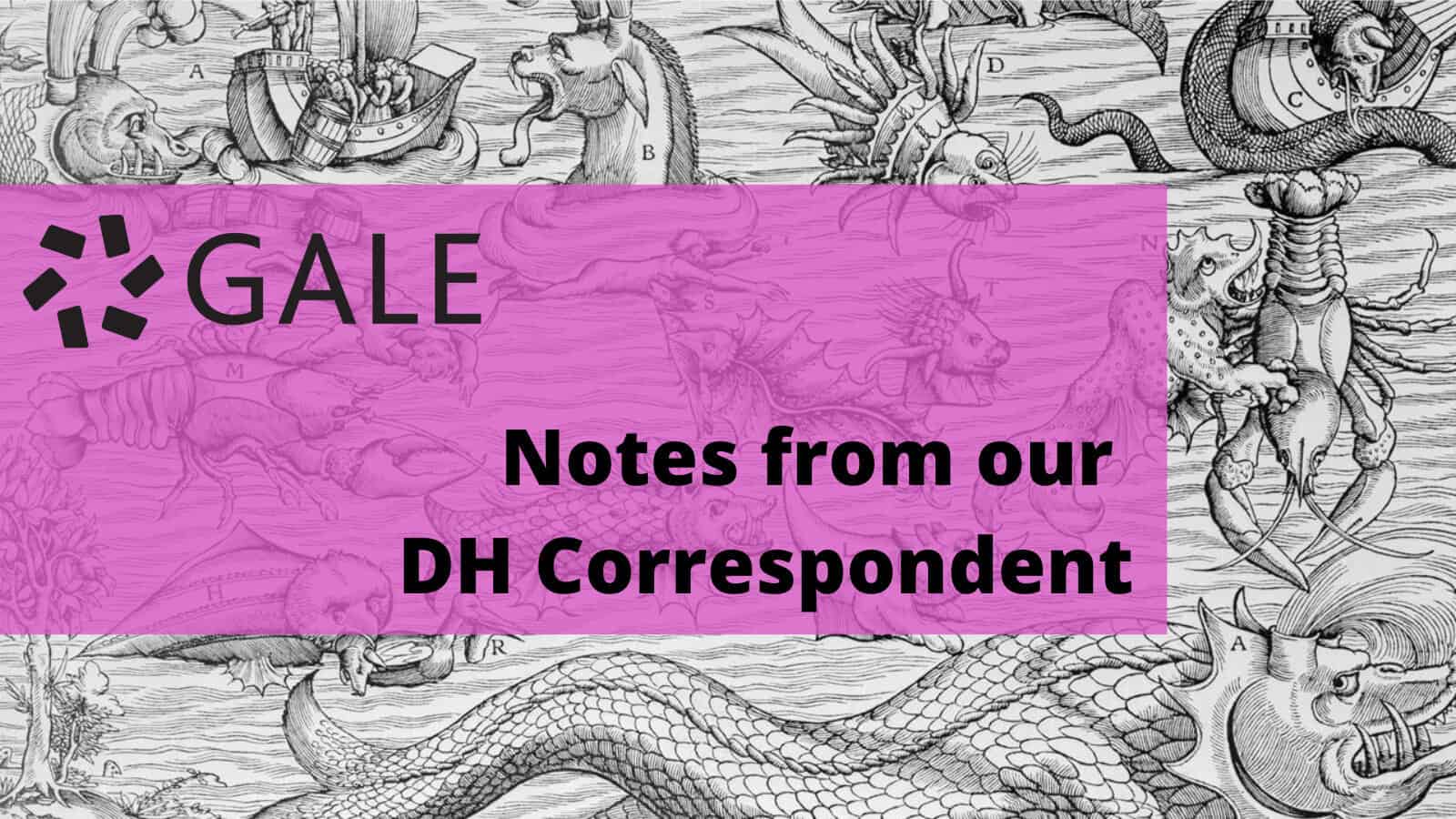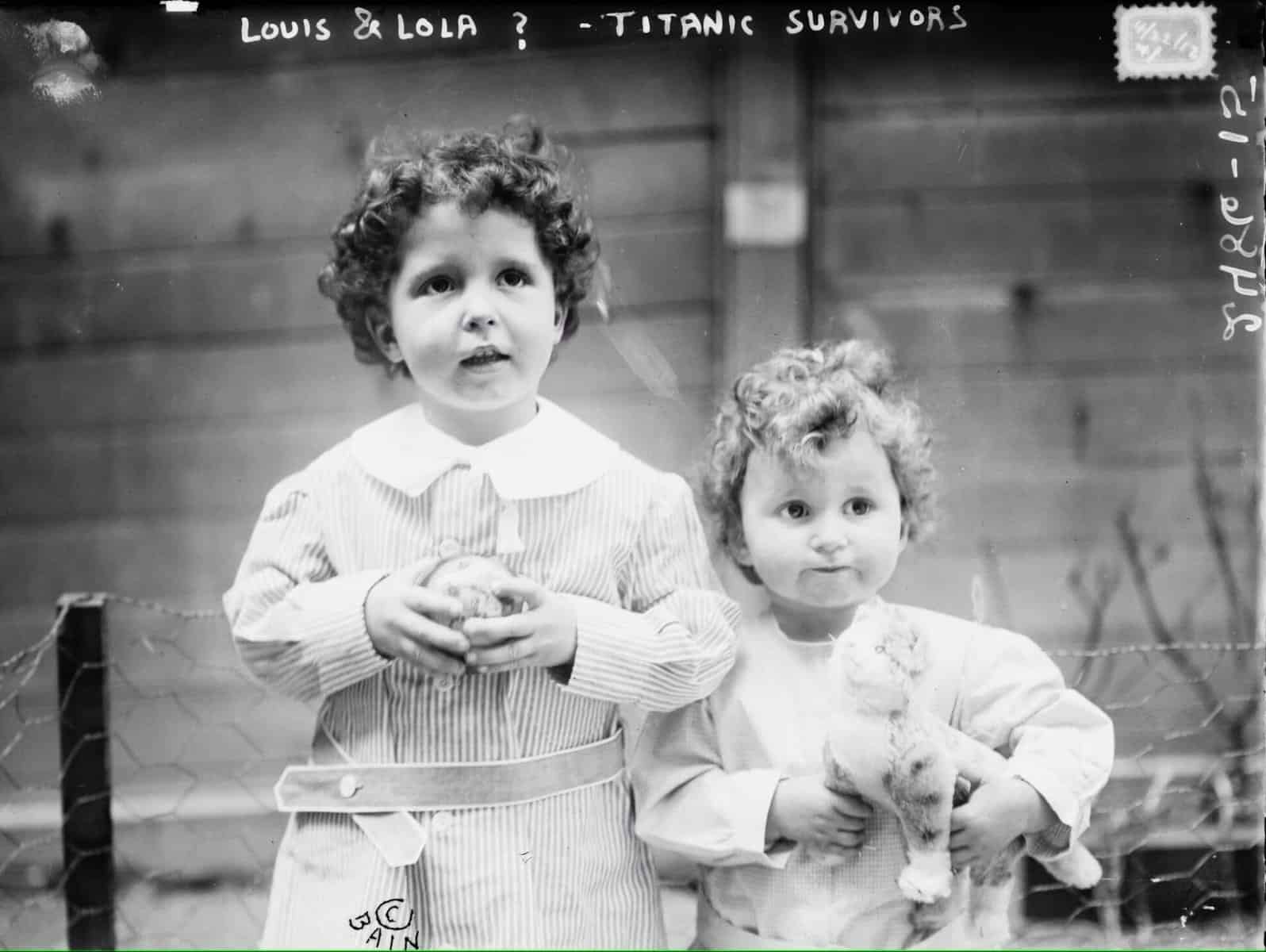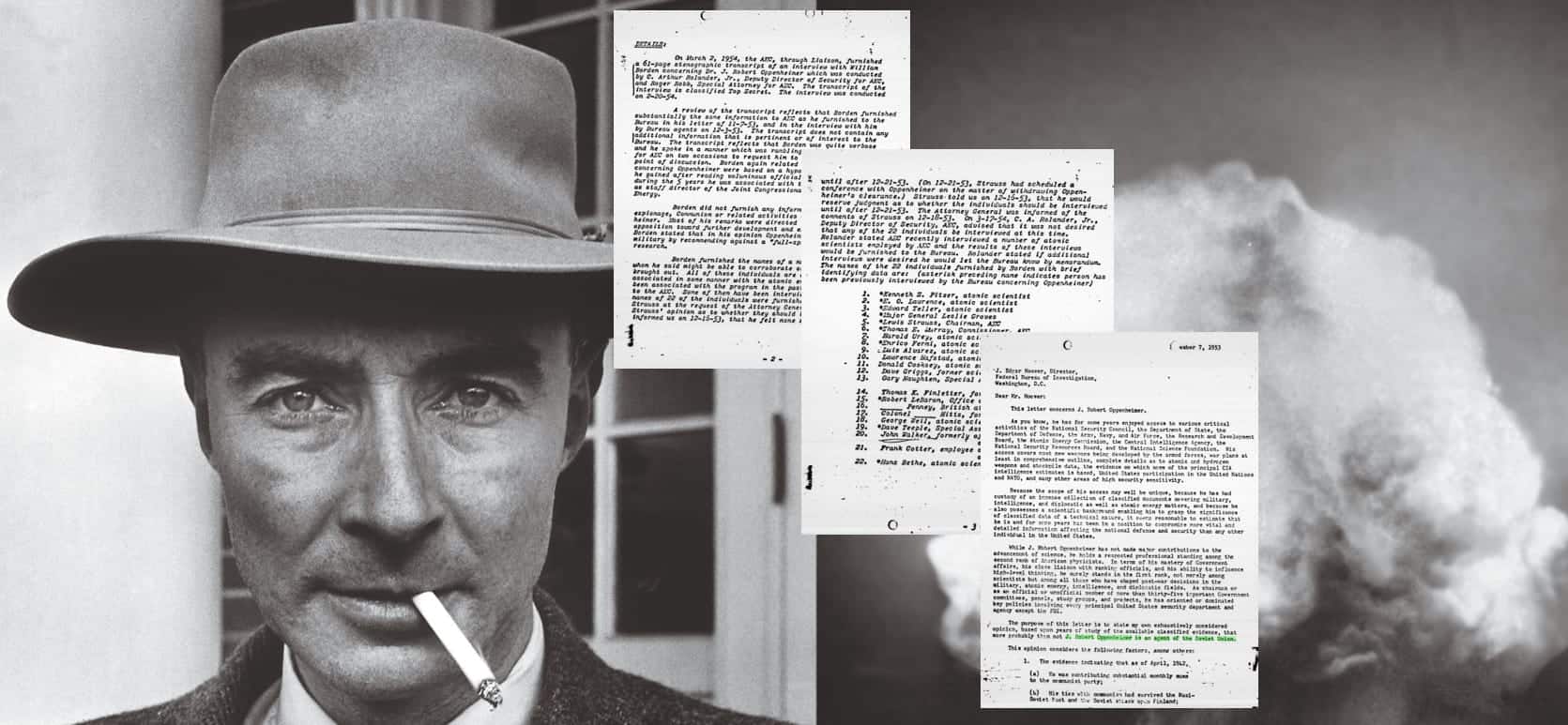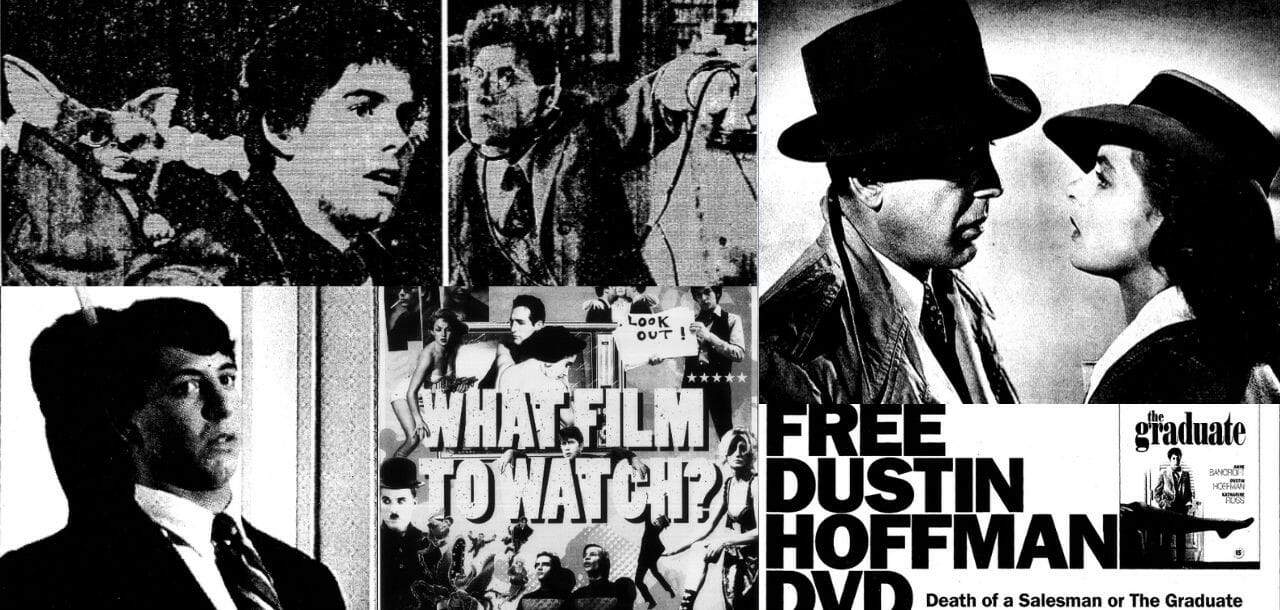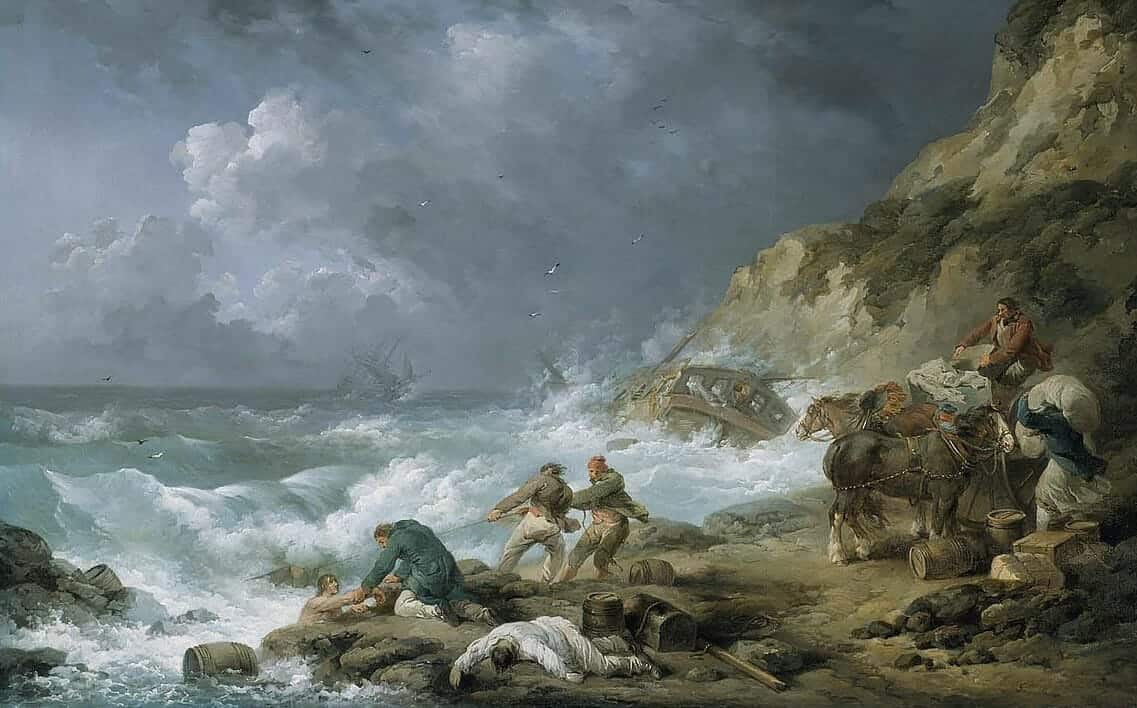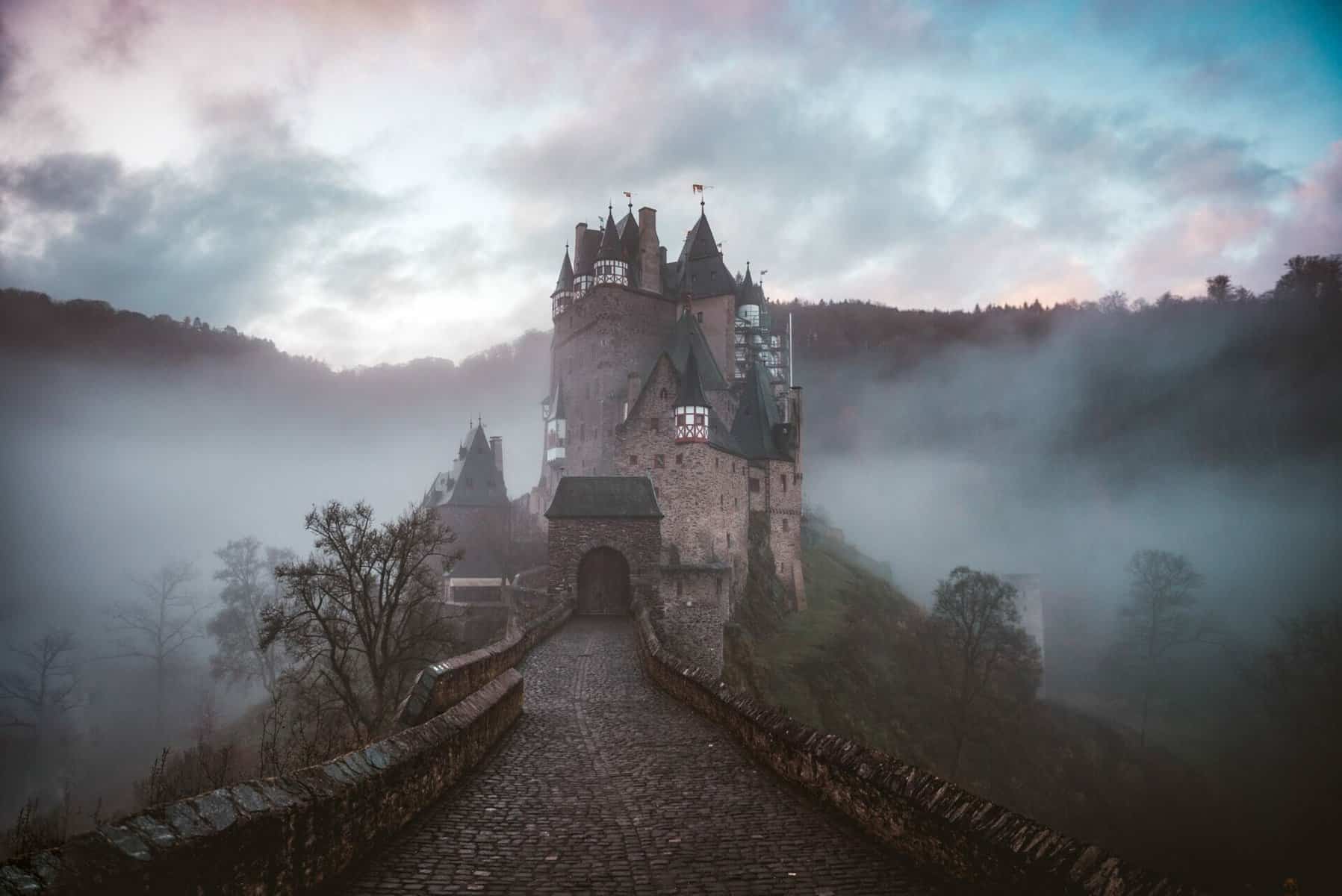│By Sarah L. Ketchley, Senior Digital Humanities Specialist│
The Digital Humanities Summer Institute, at the University of Victoria, BC, has taken place every June since 2001. The intensive week of workshops, lectures, papers and social gatherings has a long history of active engagement in learning, conversation and discussions of research and methodologies.
I have had the opportunity to attend each year since 2011 and have participated in 5-day workshops on topics ranging from text encoding, digital project management, mapping, data visualization, IIIF viewers, python programming, cloud computing and DH for department chairs and deans. As an academic with an active research agenda and regular engagement in both undergraduate and graduate classrooms, I have come to greatly value the in-depth and diverse conversations taking place during the week, and 2024 has been no exception.

